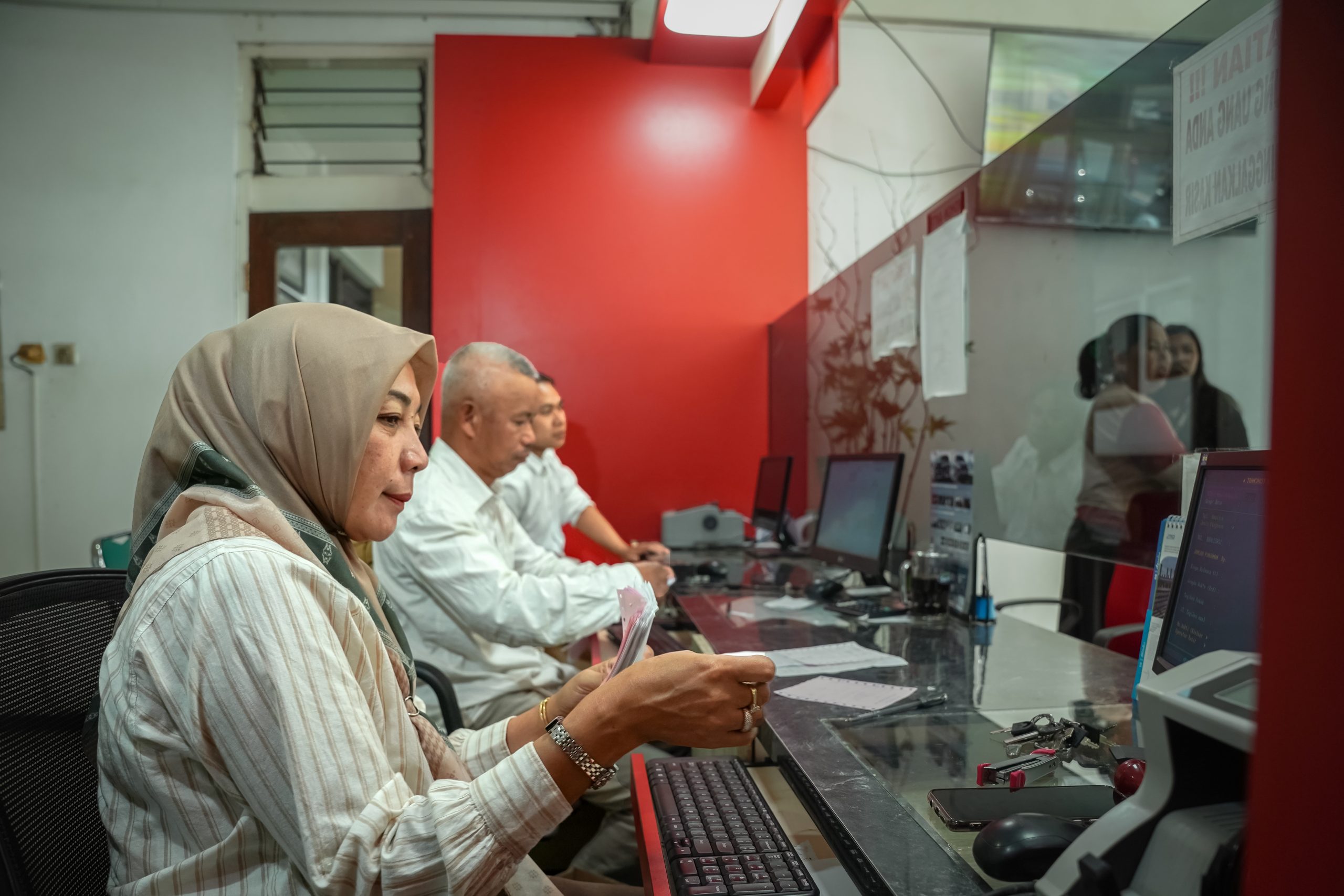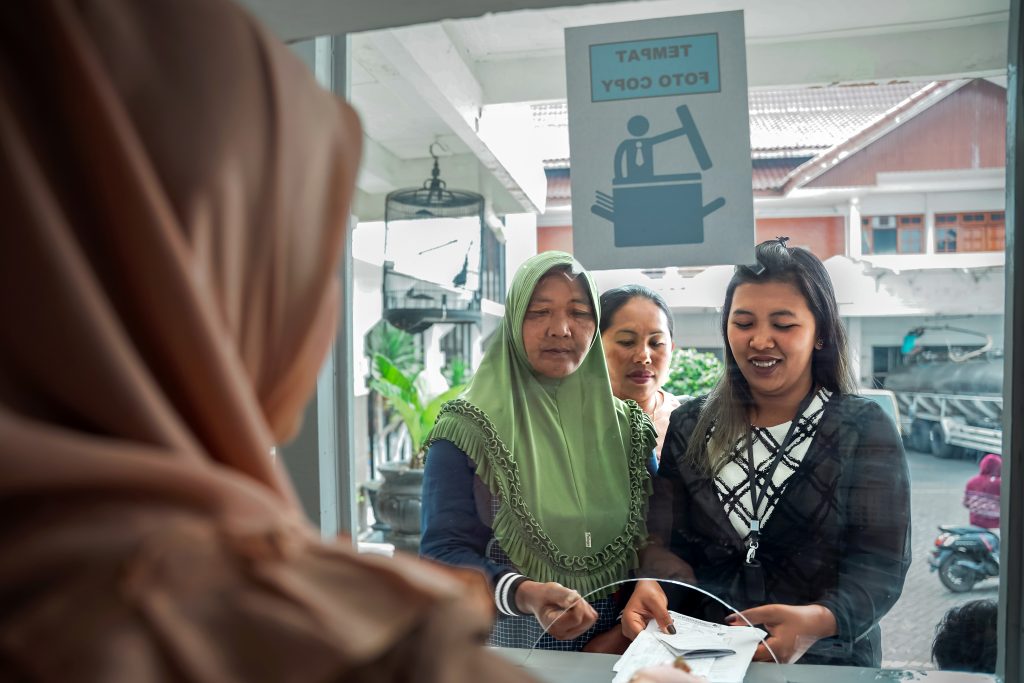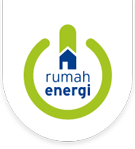Tok! Minerba Law Passed: What About Green Cooperatives?

Exactly on February 18, 2025, the Minerba Law was officially passed by members of the DPR and the Minister of Energy and Mineral Resources. The Minerba Law is considered in line with the government’s priority program to realize Asta Cita in strengthening national independence through self-sufficiency in food, energy, water, creative economy, green economy, and blue economy, as well as continuing down streaming and industrialization to increase domestic added value. Several important components of this law concern mining permits, the legality of mining land, and new actors in mining processing. The granting of Mining Business Permit Areas (WIUP) is intended for BUMN, BUMD, MSMEs, Cooperatives, and other private business entities.
When viewed from a business perspective, this may be a profitable opportunity, but if we look at it from a sustainability aspect, mining management can be a threat to the environment. In the context of a more ‘environmentally friendly’ business, there is another alternative for institutions such as cooperatives to obtain new, more environmentally friendly business opportunities, namely Green Cooperatives. In terms of implementation, Green Cooperatives have been implemented by cooperatives at the grassroots level, for example through financing renewable biogas energy, financing sustainable agricultural practices, to training and mentoring related to environmentally friendly businesses.

Increasing competitiveness and economic growth ideally go hand in hand with the principles of a sustainable green economy. For this reason, business opportunities, product diversification, open markets, and the existence of supply and demand for environmentally friendly products encourage people to have an interest in choosing and carrying out good practices that support the preservation of natural resources and reduce the negative impacts of environmental damage. Several environmentally friendly businesses such as Green Cooperatives can be carried out through funding or investment in renewable energy which aims to provide clean energy that utilizes natural resources such as solar panels, biogas, wind turbines, and so on. In addition, there are also business opportunities for recycled products, organic farming, waste utilization, environmentally friendly transportation, or environmental consultants.
Realizing that business is oriented towards profit, with environmentally friendly businesses also being able to provide long-term benefits and can carry out efficiency because natural resources are the basic material for business should be a consideration. Through Green Cooperatives, cooperatives can open new business lines such as savings and loans for biogas installation for livestock breeders or farmers, then production cooperatives can also utilize livestock waste through household or community-scale biogas. Communities involved in cooperatives obtain loans and new skills in managing livestock waste, as well as reducing household expenses for electricity and gas by utilizing clean energy from biogas and bio-slurry which can be used as a natural fertilizer. A well-maintained and profitable ecosystem requires many business actors who do green business, to create an energy-independent and empowered society.
Written by: Jenni Irene Connie
Edited by: Fauzan Ramadhan

